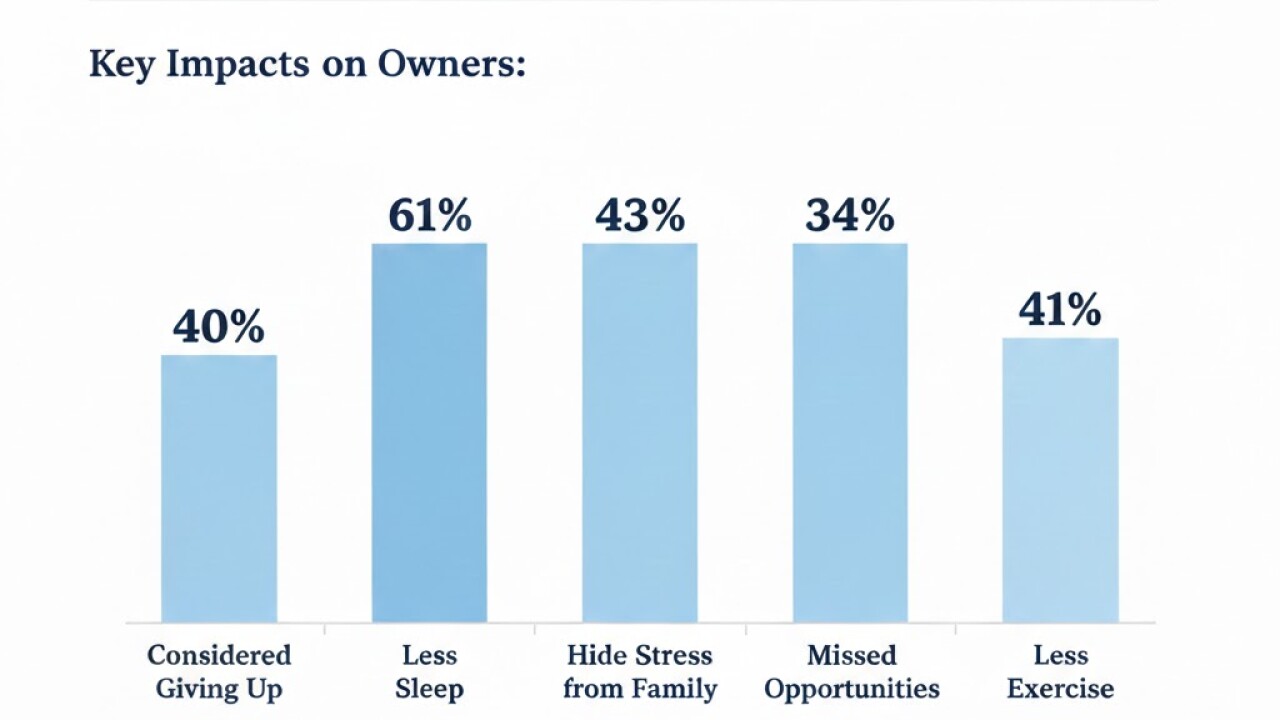The Private Company Council, a sister organization of the Financial Accounting Standards Board that represents the interests of privately held companies, has expressed major concerns about FASB’s project on the balance sheet classification of debt.
During a meeting last Friday, the PCC encouraged FASB to conduct further outreach with its stakeholders before moving ahead with a change in standards. Several PCC members said the proposal is conceptually sound, but they are concerned about the unintended consequences as a result of more debt being classified as current, according to a recap of the meeting supplied by spokespeople for the Financial Accounting Foundation, the parent organization of both FASB and the PCC.
Most PCC members are also concerned about the proposal’s impact on existing debt covenants, such as current ratio thresholds. Several PCC members said they are concerned that secondary users—such as suppliers, customers, and even Dun & Bradstreet—might quickly conclude that a private company has liquidity issues as a result of debt being classified as current. These members believe such users focus more on the face of the financial statements and rarely read the footnotes to better understand a company’s financial situation.
In addition, practitioners who are members of the PCC appear to be concerned that the FASB proposal will trigger extended going concern procedures. Auditors feel compelled to perform extended going concern procedures whenever a debt covenant is violated, even if it is innocuous or quickly resolved, they pointed out.
Also at the same meeting last Friday, the PCC decided to not amend the existing definitions of a nonpublic entity, so as not to change the scope of the existing FASB Accounting Standards Codification topics at this time. The previous definitions will remain in the FASB Codification until potentially amended at a later date by FASB. The new definition of a public business entity will thus continue to be used for future accounting and reporting guidance.
The PCC also added a project to its agenda to consider allowing elective adoption after the effective date for existing PCC accounting alternatives.
In addition, the PCC directed the FASB staff to conduct further research on a private company alternative to account for share-based payments.
On the subject of uncertain tax positions, the PCC raised an issue regarding the disclosure of open tax years if there are no material uncertain tax positions.
The PCC also discussed FASB’s project on the Accounting for Financial Instruments—Classification and Measurement, and expressed concerns about FASB’s project on Simplifying the Presentation of Debt Issuance Cost.
The next PCC meeting will be held on Tuesday, May 5, 2015. Before that happens, the PCC also plans to host a Private Company Town Hall Meeting on April 28, 2015 at Southern Methodist University in Dallas. To register for the Town Hall Meeting,
For more information on PCC projects, visit the





